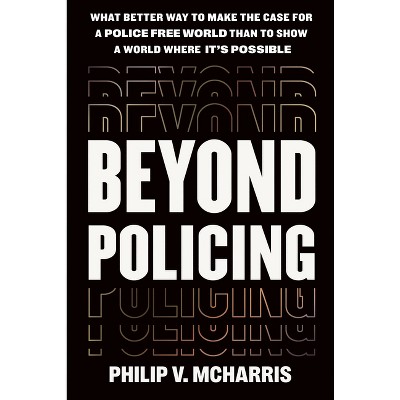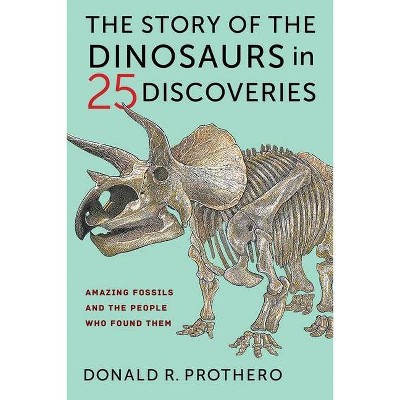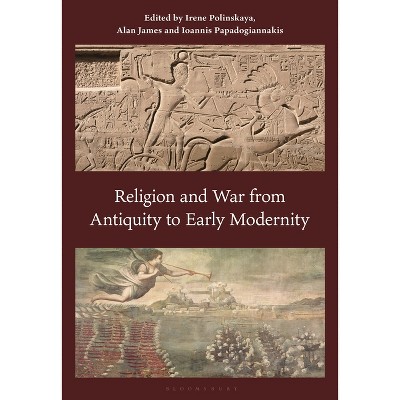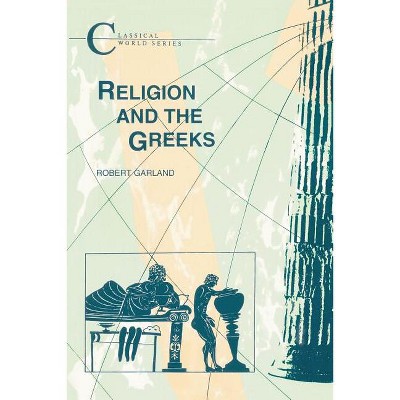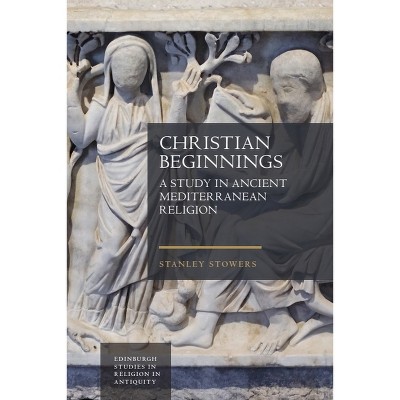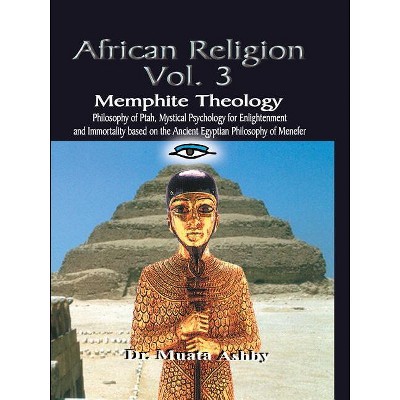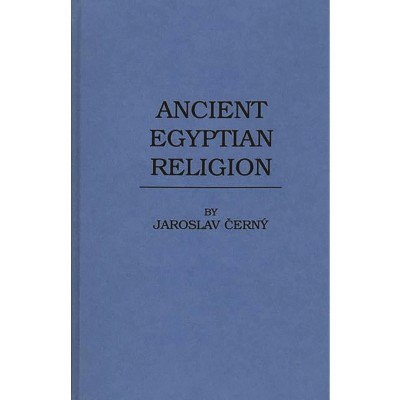Sponsored

Religion in Roman Phrygia - by Robert Parker (Hardcover)
In Stock
Sponsored
About this item
Highlights
- Phrygia in the second and third centuries CE offers more vivid evidence for what has been termed "lived ancient religion" than any other region in the ancient world.
- About the Author: Robert Parker is Wykeham Professor Emeritus of Ancient History at Oxford University.
- 266 Pages
- History, Ancient
Description
About the Book
"Phrygia in the second and third centuries CE offers more vivid evidence for what has been termed 'lived ancient religion' than any other region of the ancient world. The evidence from Phrygia is neither literary nor, in the main, issued by cities or their powerful inhabitants. It comes from farmers and herders: they have left behind numerous stone memorials of themselves and dedications to their gods, praying for the welfare of their families, their crops, and their cattle. A rare window is opened into the world of what Sir Ronald Syme called 'the voiceless earth-coloured rustics' who are 'conveniently forgotten'. The period in which Phrygian paganism flourished so visibly to our eyes was also the period in which Christianity, introduced by the apostle Paul, took root, as early and as successfully as in any part of the Roman world. In Religion in Roman Phrygia: From Polytheism to Christianity, Robert Parker presents this rich body of evidence and uses it to explore one of history's great stories and enigmas: how and why the new religion overtook its predecessor, the Christian God now meeting the needs of Phrygians hitherto satisfied by Zeus and the other gods"--Book Synopsis
Phrygia in the second and third centuries CE offers more vivid evidence for what has been termed "lived ancient religion" than any other region in the ancient world. The evidence from Phrygia is neither literary nor issued by cities or their powerful inhabitants but rather comes from farmers and herders who left behind numerous stone memorials of themselves and dedications to their gods, praying for the welfare of their families, crops, and cattle. In Religion in Roman Phrygia: From Polytheism to Christianity, Robert Parker opens a rare window into the world of those Sir Ronald Syme called "the voiceless earth-coloured rustics" who have been "conveniently forgotten." The period in which Phrygian paganism flourished so visibly was also the period in which Christianity was introduced by the apostle Paul and took root. Parker presents a rich body of evidence and uses it to explore one of history's great stories and enigmas: how and why the new religion overtook its predecessor, with the Christian God meeting needs previously satisfied by Zeus and the other gods.
Review Quotes
"A compelling and well-documented argument for the necessity of situating the emergence of Christianity within its broader cultural, material and religious contex."
-- "Classical Review""Every book by Robert Parker is an event in the field of the history of religions, and not only; this one is no exception. . . . Far from being monolithic, Roman Phrygia, between countryside and cities, with its communities of Jews and Christians, offers a view of a religious landscape complex that Parker has beautifully highlighted."-- "Bryn Mawr Classical Review"
About the Author
Robert Parker is Wykeham Professor Emeritus of Ancient History at Oxford University. He is author of five monographs on Greek religion, most recently Greek Gods Abroad. His book Polytheism and Society at Athens won the Criticos Prize for 2005.
Shipping details
Return details
Frequently bought together

Trending Non-Fiction





